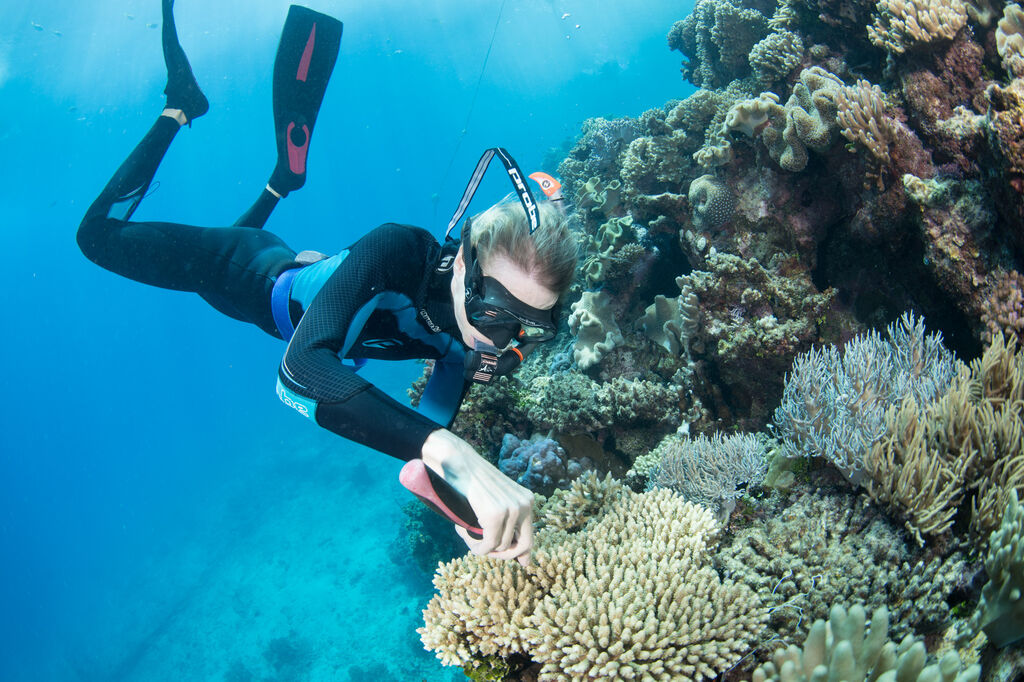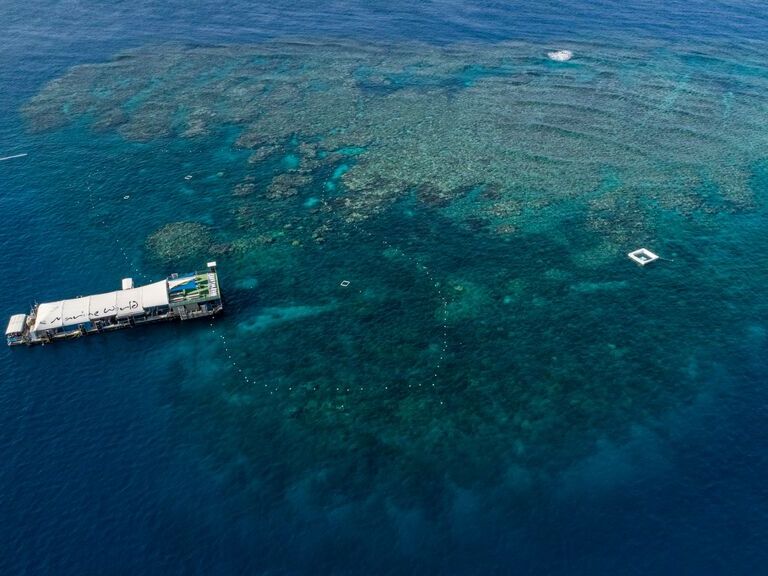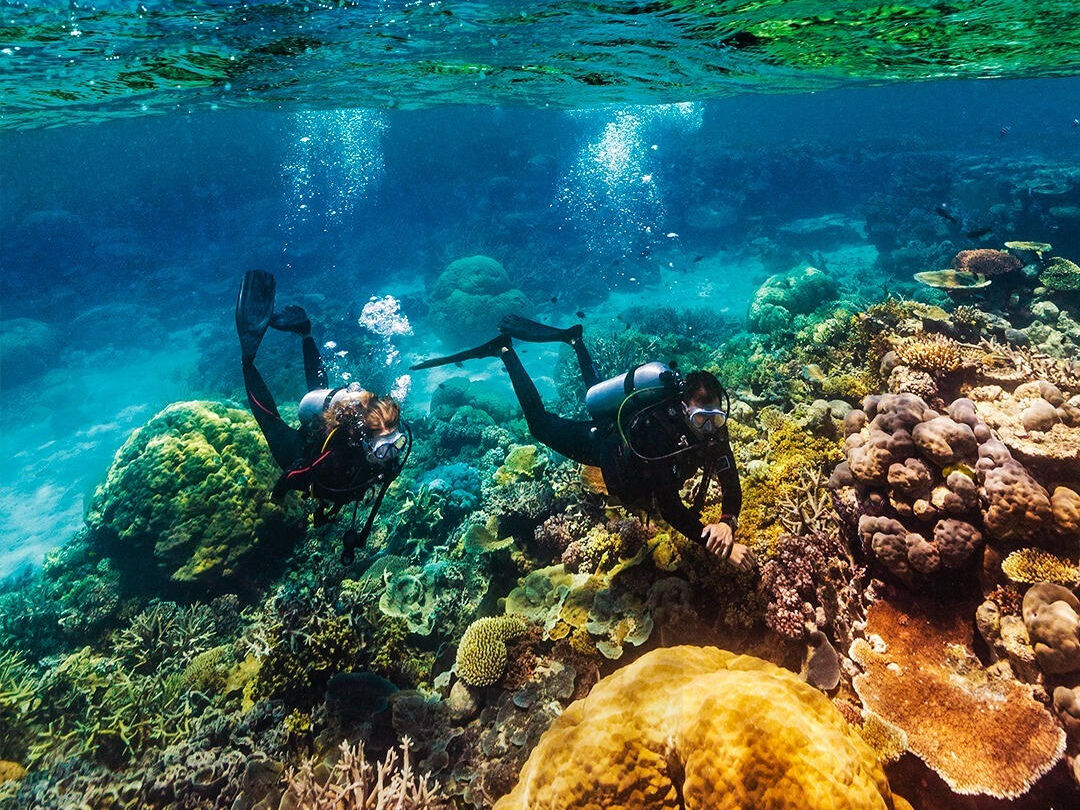
##MP##
The Federal Government has vowed to challenge a draft United Nations recommendation to list the Great Barrier Reef as "in danger".
The World Heritage Committee, which sits under the United Nations Educational, Scientific and Cultural Organization (UNESCO), is behind the draft proposal and will consider the decision at a meeting next month in China.
The committee has cited the impact of global warming and successive reef bleaching events, urging Australia to take “accelerated action at all possible levels” on climate change.
##BA##
Federal Minister for the Environment Sussan Ley says the Morrison Government has been “blindsided”.
“This is a complete subversion of normal process,” she said.
"It is almost unheard of for a site to be added to the endangered list or recommended … without the necessary consultation leading up to it.
##PQ##
“This decision was flawed and clearly there is politics behind it.”
It is the second time the Reef has been at risk of the ‘in danger’ classification.
In 2015, the Federal Government successfully lobbied UNESCO’s 21-country committee against the move.
Member for Leichhardt and Special Envoy for the Great Barrier Reef, Warren Entsch, has also questioned the accuracy of UNESCO’s recommendation.
“Water quality hasn’t been better for decades and decades and decades,” he said.
“The bleaching occurs from what happens in the northern hemisphere, that’s where the currents come from.
“It’s interesting they (the UN) made no recommendations or no references to the source of these heated currents.”

Dr Bruce Prideaux, Head of Sustainable Tourism at CQUniversity Cairns, said while he agrees the government was caught short, UNESCO’s move should not come as a surprise.
“The federal government has refused to commit to a policy to reduce carbon emissions to prevent global temperatures rising by 1.5 or 2 degrees, and unless that happens we’re going to lose parts of the reef and continue to see coral bleaching,” he told Tropic Now.
“It’s all down to their refusal to join the international community in a move towards carbon neutrality.
“UNESCO is taking a hard line and it’s not just against us, but other places as well like Venice, Budapest, Kathmandu Valley and Liverpool.”

Dr Prideaux said that while UNESCO’s recommendation is not good news for the tourism industry, reef operators also need to rethink how they market the destination to changing markets.
“The Great Barrier Reef is widely regarded as the best managed reef in the world,” he said.
“We have a large degree of scientific work going on here to restore the reef, whether that’s by bringing in species that are more resilient or relocating coral to cooler locations.
“Tourism operators could move to market the destination to those in Europe and America who want to play their part in restoring the reef.
“That being said, many parts of it are still healthy and colourful and absolutely worth visiting.”
Main points
- It is the second time the Reef has faced the threat of an 'in danger' listing
- Environment Minister Sussan Ley says she was 'blindsided' by the direction
- If the proposal proceeds, rapid conservative action would be required to keep the Reef on the World Heritage list




